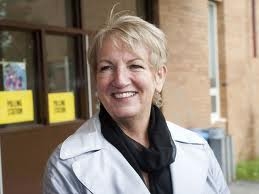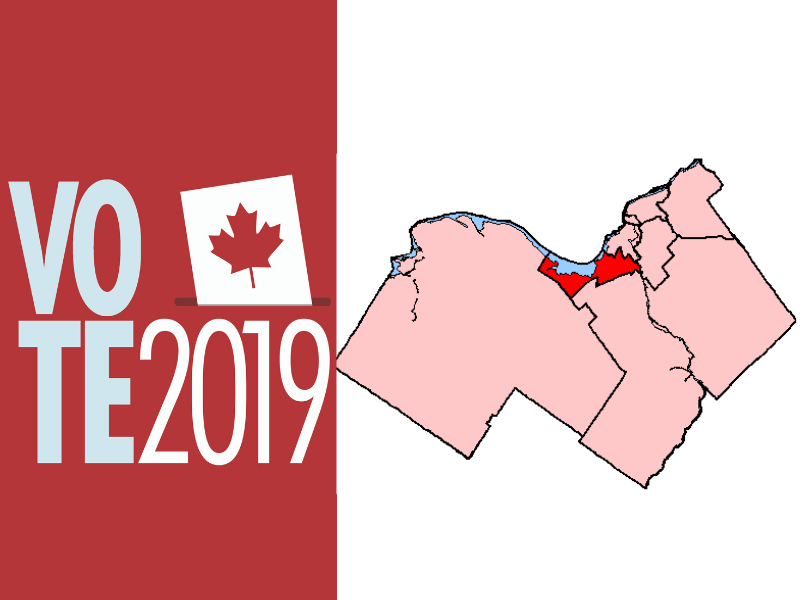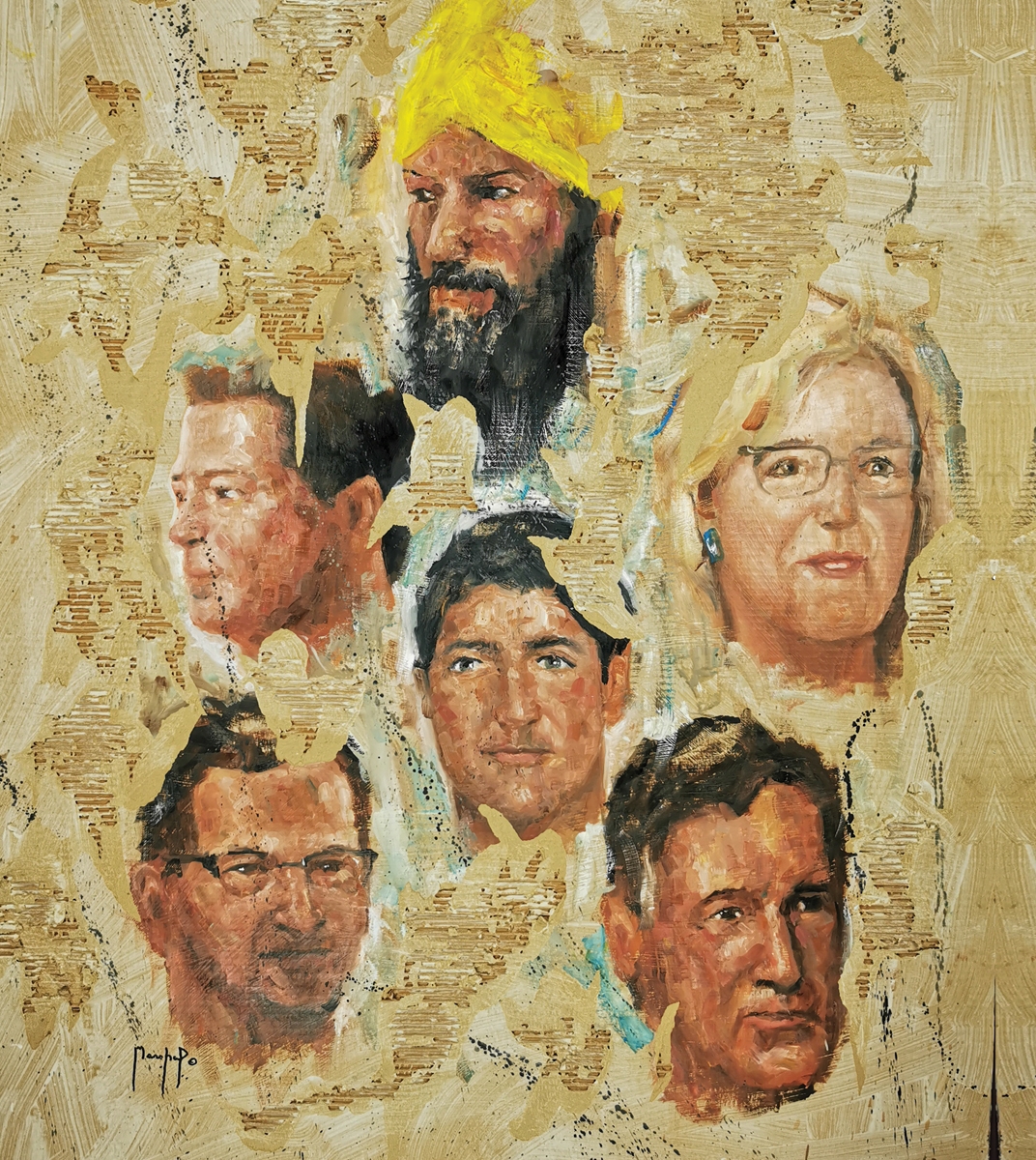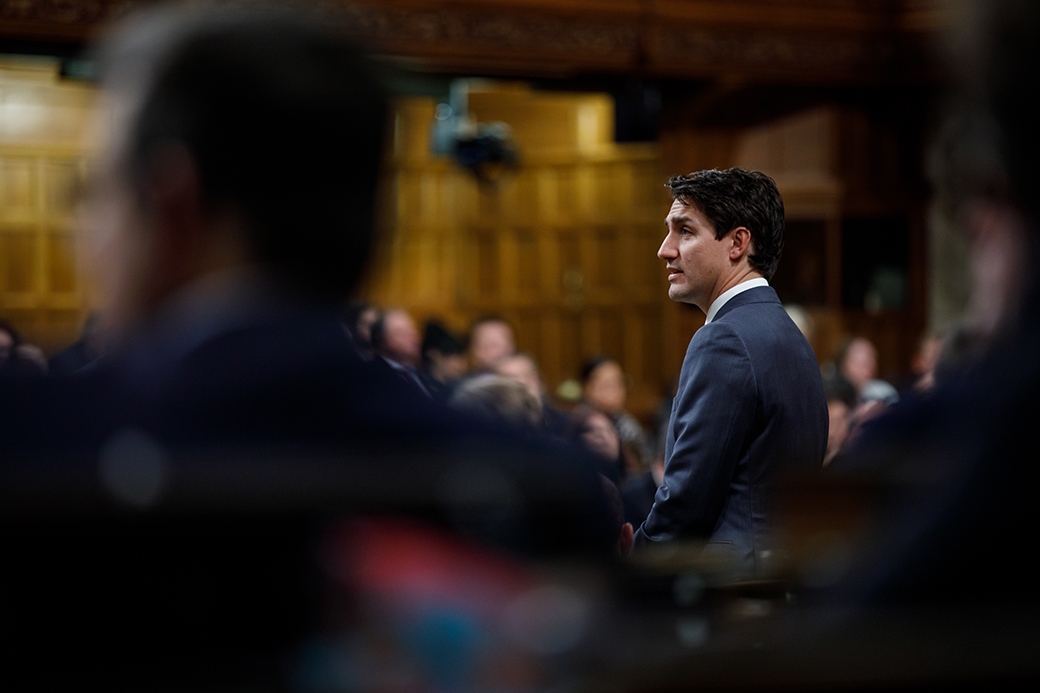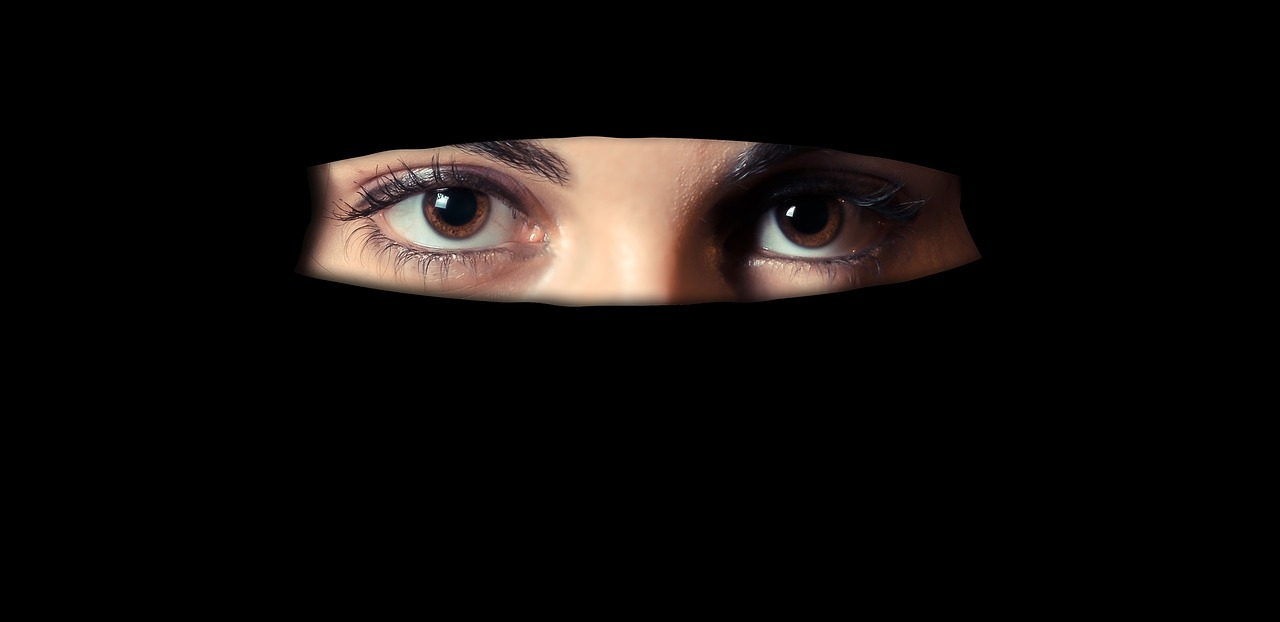
Ignorance Is Not Bliss: Islamophobia in Canada
We Canadians pride ourselves on our multicultural and diverse society. Since the early 1970s the freedom for all Canadians to share, enhance and preserve their cultural heritage has been recognized by law. The freedom to practice one’s own religion has been awarded a place in the Charter. Multiculturalism and social tolerance is a major part of Canada’s international identity. Why then, are we seeing a rise in hate crimes motivated by hostility towards religion and certain ethnic identities?
So today, we’ll explore why Islamophobia is too wide a term to address the social issues faced by individuals who practice the Muslim faith in Canada. This type of hate attacks race, ethnicity, and faith as one, and comes from fear and misunderstanding.
Canada’s settlement history, while certainly not without a degree of religious diversity, is entrenched in the Christian faith. 150 years ago, we saw a separation of the Catholics in Quebec and the Protestants in Ontario. Policy-makers at the time rallied to ensure respect for both denominations –protections that still exist, enshrined in the Charter of Rights and Freedoms. As time passed, and western states began to secularize, these religious differences became normalized and have little effect on the daily lives of individuals today. What the Canadian state has not taken into account however, is that branches of Christianity are not the only religions deserving of such protections.
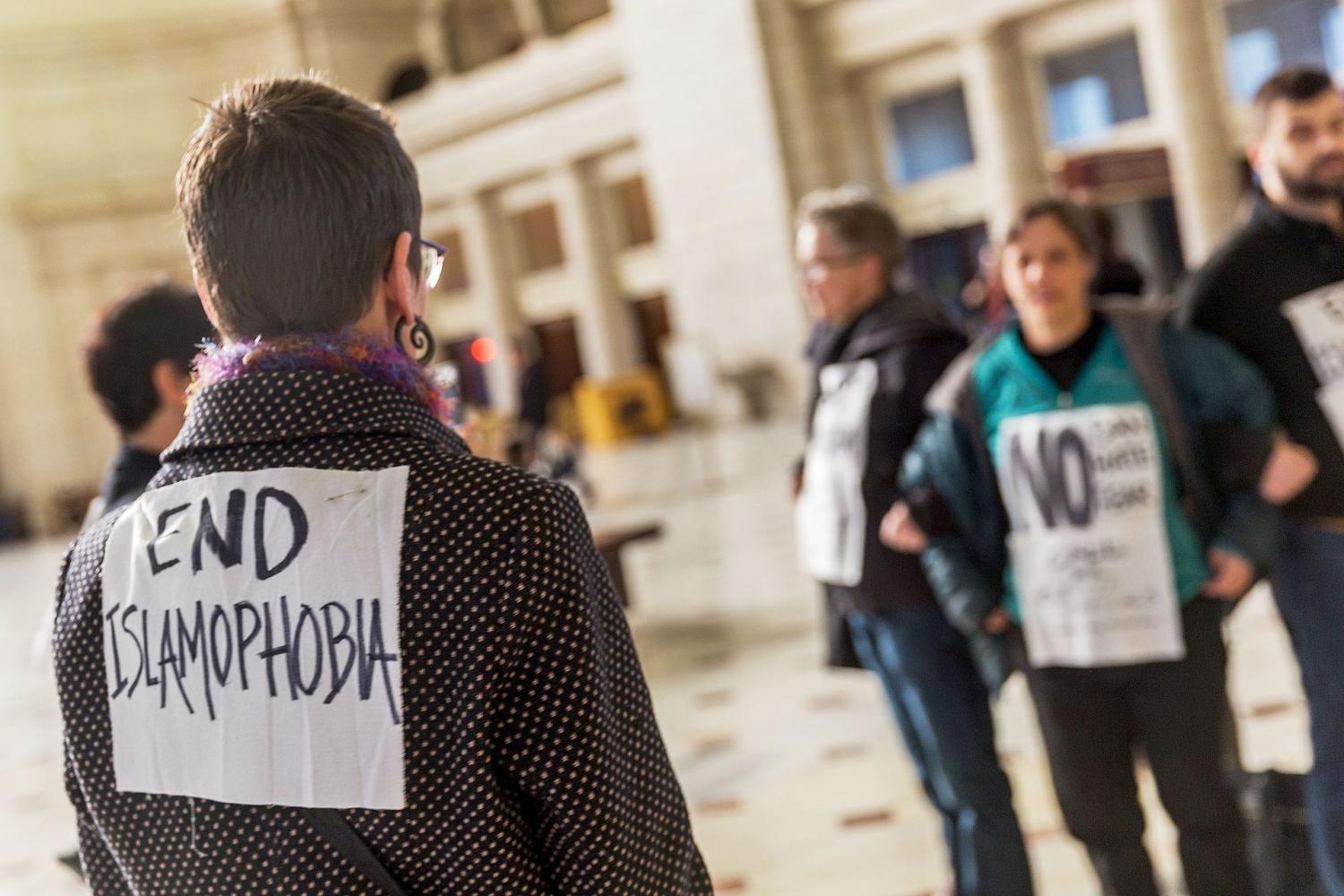 According to Canada’s 2011 National Household Survey, there are over a million Muslims in Canada. Self-identifying Muslims make up about 3% of the Canadian population.
According to Canada’s 2011 National Household Survey, there are over a million Muslims in Canada. Self-identifying Muslims make up about 3% of the Canadian population.
The correlation between hate crimes and those who practice the Muslim faith goes back in many ways to the 9/11 terror attacks in New York City, and the subsequent US War on Terror. The rise of terrorism has contributed greatly to sentiments of fear and uncertainty around newcomers in Canada, particularly those who practice the same religion affiliated with organizations that create terror and chaos.
It is important to note that just as Christianity has multiple variations, so does Islam. Through historical shifts in culture and tradition, the same religion can become so different we could even refer to them in plural: ‘Islams’ and ‘Christianities’. This is a fundamental misunderstanding for many non-Muslim Canadians.
Forms of the Muslim faith and terrorism have a long and complex history involving geo-politics and cultural practices. In the same way, Christianities have a complicated history with colonialism, scientific racism, and the exploitation of economic minorities.
Another important clarification is that not all Muslims are dark-skinned, and not all dark-skinned peoples are Muslim. In the climate of fear that the threat of terrorism creates, it is tempting to lump ethnicity, race, and religion together, and create a stereotype of “Others” –a group of people so different from “Us” that it seems normal to scapegoat them for everything wrong in society. Contrary to popular belief, most Muslims in the world can be found in the Asian continent. All Christianities cannot be associated with white skin, and all Islams cannot be associated with dark skin. Religion, ethnicity, and race are different characteristics.
The number of hate crimes motivated by hatred of religion or ethnicity or race is increasing in Canada. The Canadian Government’s Report on Systematic Racism and Religious Discrimination Including Islamophobia (published February 2018) finds that most of these crimes are non-violent, and mostly committed by males under 24 years old. It also found that 53% of the religiously motivated crimes were against women.
On January 29th, 2017, a Mosque in Quebec City was the site of a mass shooting as the community gathered for evening prayers. Six worshipers were killed when a gunman opened fire. Vigils were held across Canada to show sympathy and support for the victims and families, many of which were attended by the Trudeau family and other government officials. Quebec Premier Phillipe Couillard tweeted that Quebec “rejects this barbaric violence” and denounced the attack as terrorism. The gunman was charged with murder however, and not terrorism.
One year later, as memorials for the victims were held once again across the country, a Mosque in Bells Corners Ottawa was defaced. Posters with hateful messages and white supremacist sentiments greeted Ottawa worshippers as they arrived for morning prayers. Since these are classified as non-violent acts, the investigation to find the culprits is not only on-going but slow-going.
These actions of hate and of ‘Othering’, lump different types of people together, and allow for the innocent to be targeted, as happened in the Quebec shooting and in the community that was attacked right here in Ottawa. Both the people being targeted and those doing the targeting are Canadians. They are our neighbors, our friends. They are the people we wave to as we pick our kids up from school. The lady who held the door for us at the grocery store. The man who shoveled our driveway when he was out shoveling his own.
Islamophobia is an umbrella term that lumps together hate for peoples from a certain ethnic origin, of a certain race, and/or belonging to a certain religion. Although broad, this term can be important in the formation of dialogues. If we are truly multicultural here in Canada, then we should seek to educate each other about our cultural practices and religious beliefs. One of these is the Muslim faith. Islamophobia is a term that encompasses the way that certain religions have been lumped together with sentiments of fear and terror. This “phobia of Islam” that Canada is experiencing needs to be addressed.
Ali Rizvi, an author quoted in the Report on Systematic Racism and Religious Discrimination Including Islamophobia, is critical of the term. He says using such a generalization can threaten any legitimate criticism of Islams. Writing all criticism off as Islamophobia could deepen the chasm between the secular (and historically Christian) communities and Muslim communities. Even the report itself could not define Islamophobia. It offered at least seven definitions, without confirming which it used. This is an indication that this term is ineffective, or at least needs more research. The way to do that is to educate each other, and to resist this growing culture of fear.

